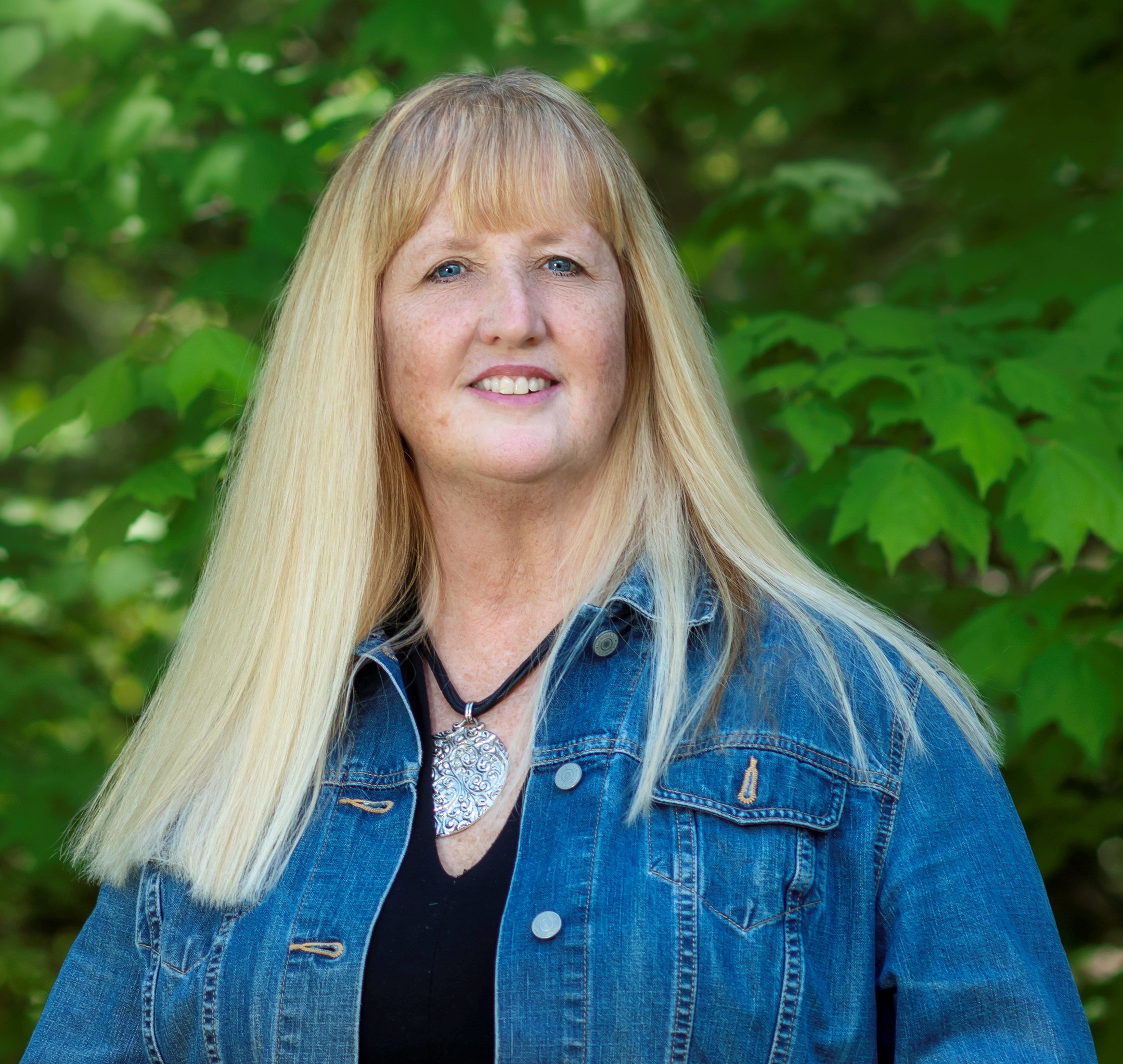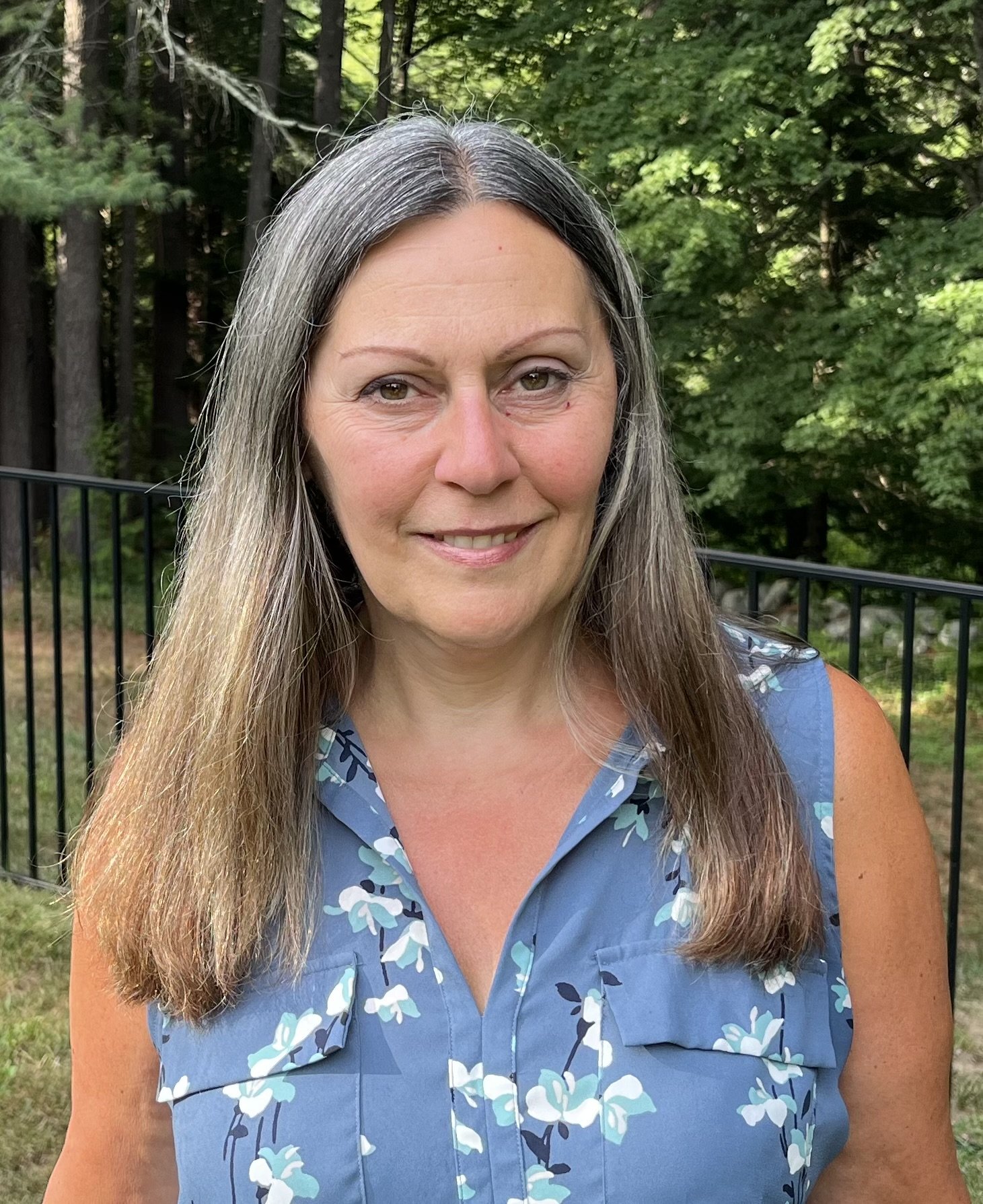By Daniel Mudd, Community Journalist, Granite State News Collaborative


A Department of Health and Human Services (DHHS) report released in January, 2023, determined a feasibility study is required before the agency can move forward with its investigation of a cancer cluster in Merrimack.
But moving forward hinges on securing additional funding—which the New Hampshire House is currently weighing– according to the report.
The DHHS Cancer Incidence Report summarizes the findings of a previous report released in December 2021 that showed increased rates of kidney cancer in Merrimack when compared to the rest of New Hampshire during its second phase of investigation. The summary report states DHHS does not currently have the resources to move into a third phase of its investigation.
Whitney Hammond, administrator for the Chronic Disease Prevention and Screening unit at DHHS said in previous cases–like a 2016 study investigating pediatric cancer concerns in the Seacoast area– DHHS has conducted phase-three studies themselves.
“Things have changed in terms of our staffing since that time. We had a couple of epidemiologists on staff that we don’t have anymore,” Hammond said.
Going through the Department’s contracting process for finding a research partner could be lengthy, taking up to a year, said Hammond, but that the feasibility study itself could be done within a year. “The unknown timeline piece is finding and securing funding.”
Hammond referenced HB 614, currently under review by the House Finance Committee, that would provide $500,000 for the funding of phase three of the investigation if passed. The funding would go into effect July of this year and last until the end of June 2025. The bill also contains provisions for community outreach, as well as for additional staff for planning and implementation of the study.
Cancer investigations conducted by DHHS are broken into four phases. The first phase involves the collection of information from the person reporting concerns (reporter) to determine whether the concern warrants further follow-up. Phase two determines whether the reported cancer concerns represent a true cancer cluster based on the presence of a statistically significant excess of cancer. Following phase two it was determined by DHHS the observed increase in cases of kidney cancer in Merrimack are unlikely due to chance. Phase three, the feasibility phase, is intended to determine whether it is likely that a study will show whether or not the cancer cases relate to a common cause; phase four is the epidemiological study itself.
The phase-three study would include gathering information from individuals diagnosed with kidney cancer within Merrimack as well as assessing any shared exposures to carcinogens among participants. Concerns surrounding the health of Merrimack community members arose in 2016 when elevated levels of per- and polyfluoroalkyl substances (PFAS) were found in the town’s public water supply surrounding the area of the Saint-Gobain Performance Plastics (Saint-Gobain) facility. PFAS comprise thousands of compounds commonly used in industrial processes including water proofing surfaces and have been linked to higher rates of testicular and kidney cancer and are classified by the CDC as potentially carcinogenic in humans. Since the initial discovery in 2016, ongoing testing by the Department of Environmental Services has revealed PFAS contamination in private wells in the towns of Bedford, Litchfield, Londonderry, Hudson, and Manchester.
Laurene Allen, a Merrimack resident since 1985 who helped found Merrimack Citizens for Clean Water (MCCW), said her help founding MCCW followed public frustration with the government's initial response to the contamination. “We felt not supported, minimized, discredited,” she said, adding she believes DHHS has been historically underfunded and that MCCW designed its own health survey for over 500 participants in Merrimack that was published in Environmental Health in 2016. No conclusions could be drawn from the survey due to its limited scope, Allen said. “[At that time]I didn’t believe [a state study] was going to happen.”
Analyzing data from 2009-2018, DHHS found kidney cancer rates were 42% higher than expected over this ten-year period. This increase in cases, described as “statistically significant, albeit modest,” was determined to warrant further investigation. Kidney cancer rates were also found to be increasing in NH more broadly when compared to the national average, though the rates of all cancers are likely higher due to a lag in data from the Veterans Administration, according to the report. The data also showed increases in other types of cancers in Merrimack, but these increases were assessed to be not “statistically significantly higher” and the report stresses that the data “cannot provide information about the causes of individual’s kidney cancer.” Only after a phase four epidemiological study could a determination be made of a probable link between known environmental contaminants and increased cancer rates.
Allen said she believes the consequences to Merrimack’s health reach beyond kidney cancer but this correlation has not been made by the state. She attributes increases she’s seen in thyroid problems, high cholesterol, and breast cancer in the community to PFAS exposure in town. “There have been seven cases of breast cancer on my street,” she said, adding that she remains hopeful the investigation will shed light on the health effects of PFAS contamination that many communities throughout the country are experiencing. “Studying this population would let the nation and the world know what they need to know.”
Rep. Nancy Murphy (D) of Merrimack said she is hopeful HB 614, which would fund phase three of the investigation, will pass. Murphy wrote HB614 and is the bill’s primary sponsor. “It has a really good chance coming out of [the sub-committee], but beyond that, it’s up in the air. I have a good feeling,” she said. “This community is looking for action. The way to support this community is to address what it’s dealing with.”
Murphy helped establish the Commission on The Environmental and Public Health Impacts of Perfluorinated Chemicals by writing HB 737 during her freshman term in 2019. “It was the first bill I ever wrote,” she said, adding she shares Allen’s view on the variety of health impacts Merrimack is experiencing and that DHHS is poorly funded. “The data exists, but no one is collecting it. It’s not that [DHHS] won’t, it’s that they can’t.”
Murphy said the work needed to be done will take longer than two years– the length of her current term–and that she along with others continue to address the health impacts from the exposure to PFAS. “[Saint-Gobain] is light-years ahead of us, they’re much better funded,” she said, adding, “I’d like a generation of Merrimack citizens to grow up not being exposed to what my children were exposed to.”
Hammond said she is unsure what would happen if funding is not secured but said DHHS will “continue to support the community however we can.”
This article was produced as part of The Community Journalism Project and is being shared with partners in The Granite State News Collaborative. For more information on the project visit www.collaborativenh.org/community-journalism-project
